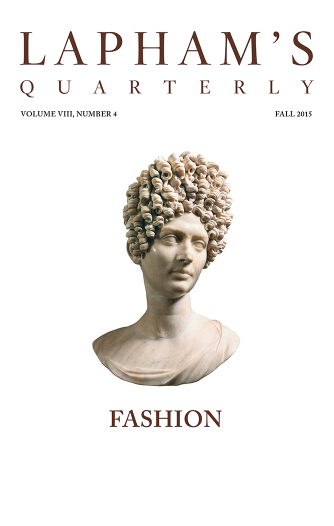The gambler, the patron of the turf, or the pedestrian represents, as a rule, himself alone, and his character is generally so well understood as to be a warning to all the world. The case of the treasurer of a great corporation is different. He occupies a fiduciary position. He is a trustee—a guardian.
Vast interests are confided to his care; every shareholder of the corporation is his ward; if it is a railroad, the community itself is his cestui que trust [he for whom the trust is held]. But passing events, accumulating more thickly with every year, have thoroughly corrupted the public morals on this subject. A directorship in certain great corporations has come to be regarded as a situation in which to make a fortune, the possession of which is no longer dishonorable. The method of accumulation is both simple and safe. It consists in giving contracts as a trustee to oneself as an individual, or in speculating in the property of one’s cestui que trust, or in using the funds confided to one’s charge, as treasurer or otherwise, to gamble with the real owners of those funds for their own property, and that with cards packed in advance. The wards themselves expect their guardians to throw the dice against them for their own property, and are surprised, as well as gratified, if the dice are not loaded. These proceedings, too, are looked upon as hardly reprehensible, yet they strike at the very foundation of existing society. The theory of representation, whether in politics or in business, is of the essence of modern development. Our whole system rests upon the sanctity of the fiduciary relations. Whoever betrays them, a director of a railroad no less than a member of Congress or the trustee of an orphans’ asylum, is the common enemy of every man, woman, and child who lives under representative government. The unscrupulous director is far less entitled to mercy than the ordinary gambler, combining as he does the character of the traitor with the acts of the thief.
Charles Francis Adams, Jr., from “A Chapter of Erie.” This essay about the corruption of the Erie Railroad was the first in Charles and his brother Henry Adams’ Chapters of Erie and Other Essays. The novelist and critic Renata Adler wrote some one hundred years later about the book,“What the Adams brothers had, at the end of their investigation, was both a scoop (or, rather, a grand accumulation of scoops) and an intellectual perception of its meaning: the system was threatened by that new entity, the corporation.”
Back to Issue


